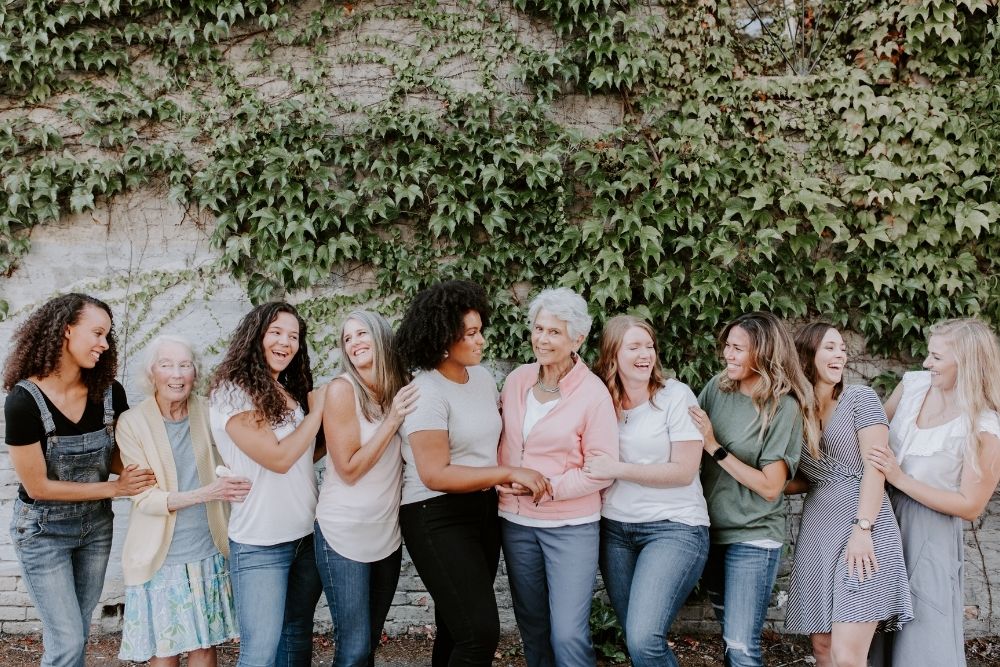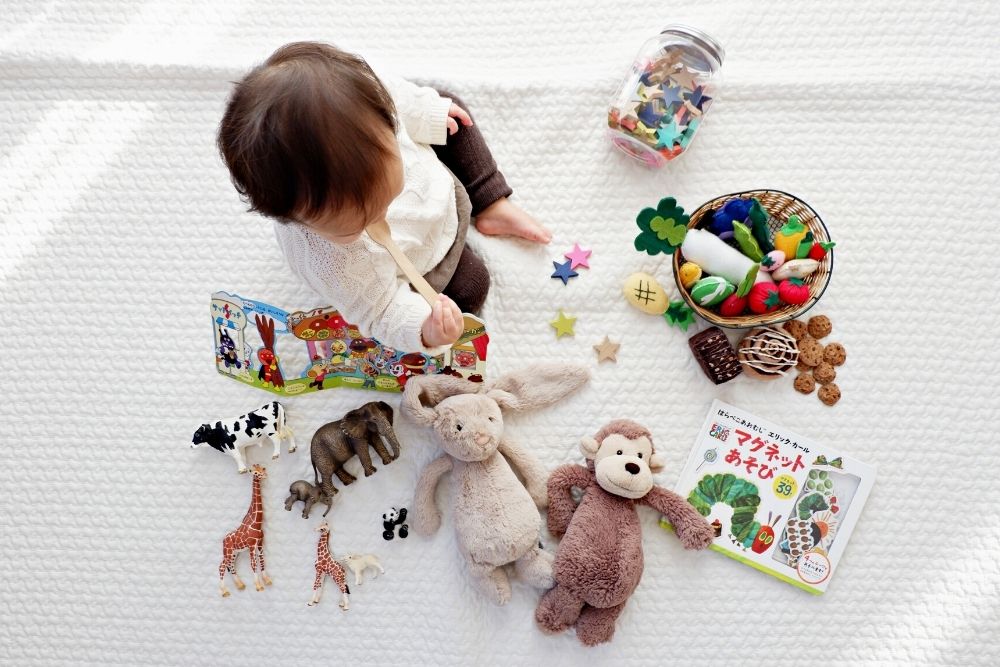
Brokenness
Br-ōK–en-NƏs-s
The word Brokenness conjures up many images for me. Broken toys. Broken bones. Broken promises. Broken English. Broken trust. Broken bread. Broken spirit.
When I was approached by the team at Collide to write about “Brokenness” I had to sigh. The topic of brokenness feels very…unwieldy. Where to begin? Brokenness is everywhere. It’s in my counseling office, it’s in my church, it’s melting ice caps. It’s inside me and throughout my family tree.
My relationship with brokenness looks something like this: I want to avoid it – It’s unavoidable.
And believe me, I’ve tried. In fact I’ve gone to really strange lengths to avoid brokenness. Perfectionism – for amateurs. Co-dependency – child’s play. I needed something much more clever.
You see, I’m fine with Brokenness by itself. But all that gut-wrenching, heart-breaking, breath-taking pain that’s associated with brokenness? Not so much. I can’t handle that. I don’t want to handle that.
Somewhere along the way I (unconsciously) decided that hurting was just plain unacceptable. Something I had to avoid at absolutely all costs… and so my anti-pain campaign began.
My anti-pain campaign slogans went something like this: “If my toy breaks, who cares. Set your heart on heavenly things (Colossians 3:2).” “If someone betrays me or someone I love, oh well, the heart is deceitful above all things (Jeremiah 17:9). “If I’m not understood, quit trying. Even a fool who keeps silent is considered wise (Proverbs 17:28)”
Yes, I’ve managed to even use Bible verses to justify my clever method of numbing myself against brokenness and the pain it brings with it. Admittedly my painkillers didn’t come in a pill or a bottle, but they easily could have. My painkiller has actually been a well-documented survival strategy witnessed in prey animals who live to see another day by the timely use of ‘playing dead’ when something perceived as too overwhelming comes their way. We’ll just call it ‘going numb.’
Now, some of you might actually be thinking, “That sounds awesome! Can you teach me how to do that too?” No, I can’t teach you. It is something that life schools you in, or it doesn’t. And I wouldn’t want to even if I could. You see, it has only been in the last few years that I have realized that my anti-pain campaign cleverly designed and beautifully adapted to numb me against the brokenness has also been numbing me against the joy, pleasure, and sensation that comes from being fully alive!
Pain and Pleasure. Sadness and Joy. Anxiety and Peace. They all stand juxtaposed to one another. They are two sides of the emotional coin. You can’t experience joy while trying to numb the sadness. They exist and come into relief alongside one another. Therefore, unless I’m willing to experience and process the one, I cannot experience the other.
Regretfully, in my overall effort to avoid pain, I’ve actually brought it onto myself in more ways than one. As a simple example, when I try to reflect back on precious moments with my children, I can often only find vague factual memories that take shape with the support of old photographs. Why don’t I remember better? Why can’t I call forth the emotion of my wedding day or turning in my last undergraduate final?
As seductive as the numbness is, it always takes more than it gives.
Because no matter how much pain the brokenness brings, there is enough comfort to swallow that pain! Comfort in the release of those tears. Comfort in the arms of a friend. Comfort in the promises of Scripture like Matthew 5:4.
I am learning that Jesus invited me by His own dusty-footed, heart-felt, broken body example to not only be here but to be fully present. On this earth, in this city, in these friendships, in this marriage. It’s time to stop being afraid of Brokenness. It’s time to stop playing dead if we are to experience the abundant life that He promised (John 10:10). Perhaps He is inviting you to wake up and experience being a little more human too!
This post was written by a counselor or therapist for informational use only and is not intended to replace advice from a professional who is working directly with you as a patient [or client].






1 Comment
Thank you for sharing….you gave a voice to how so many of us feel. Thank you for your authenticity and vulnerability. If I have learned anything by Christ’s example on earth, is that God desired to walk amongst us, so that we would know He gets us, Thank you for “getting” it and sharing it!